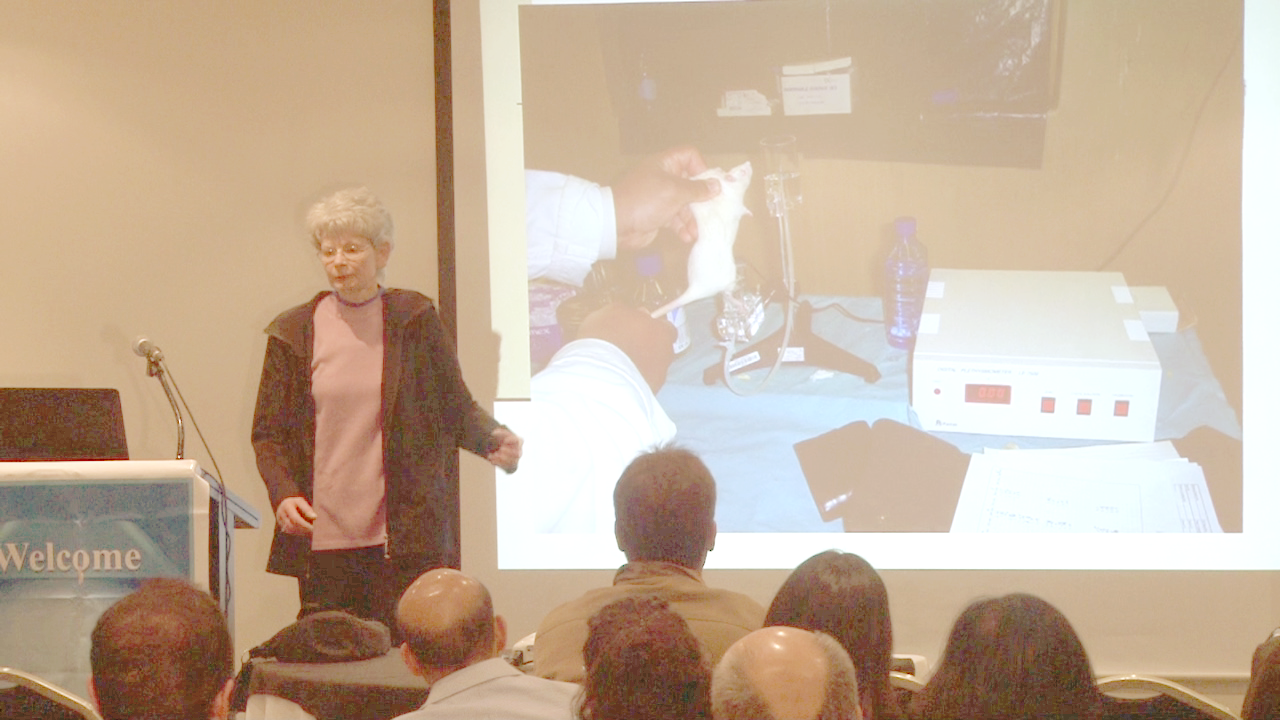
Biography
Biography: Connie Medlen
Abstract
Mechanistic studies done by my research group on brown coal derived potassium humate indicates that potassium humate inhibits the activation of complement, the expression of adhesion molecules and the release of cytokines associated with inflammation. In studies done on rats we found that potassium humate is safe at an oral dosage of up to 1g per kg. According to toxicity studies by us in rats potassium humate has no effect on the safety parameters when administered to rats at a dosage of 1g per day nor did it have any effect on the pups if administered to pregnant female rats at 500mg per day. Efficacy studies indicated that this product, at an oral dosage of 60mg/kg, inhibits a delayed type hypersensitivity reaction in rats immunised with sheep red blood cells as well as a carrageenan-induced oedema and a graft-vs-host reaction. We also found that the product inhibited a contact hypersensitivity reaction in rats sensitised to dinitrofluorobenzene. In these studies potassium humate compared favourably with indomethacin and prednisolone. Interestingly, immune-incompetent rats (induced with cyclophosphamide treatment in the graft-vs-host experiment) treated with potassium humate did not suffer from the normal weight loss as was the case with rats treated with cyclophosphamide alone.
Speaker Presentations
Speaker PDFs
Speaker PPTs Click Here

